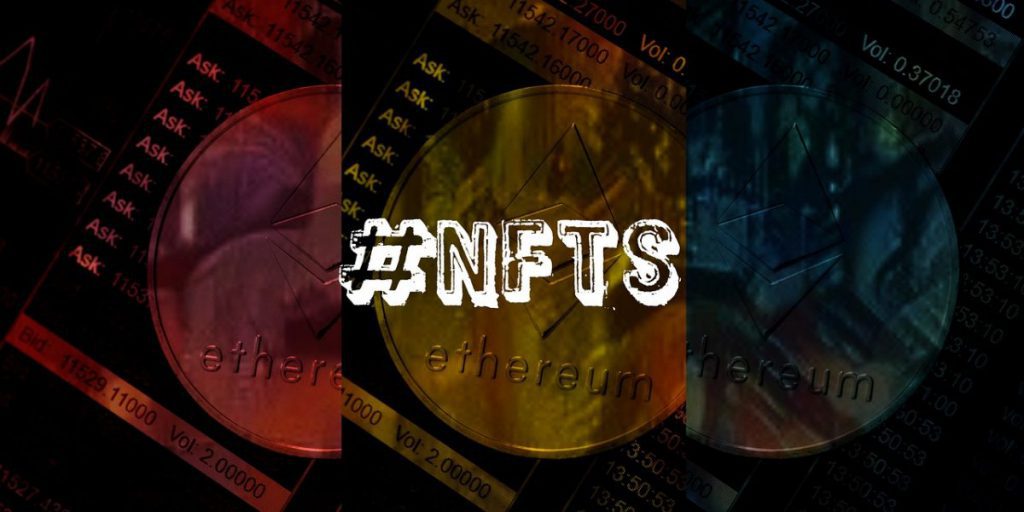- A Dallas software developer decided to make NFTs of toilet papers, sell them and then use the money to fund charities, including those wiping medical debts.
- He has faced criticism from the anti-NFT crowd, however, but he believes people should focus on solving their problems with NFTs and not direct their skepticism at the charities.
People will buy NFTs of basically anything – this was the principle that led to the birth of an idea that has helped wipe out $7 million in medical debt for poor families, contributed to blockchain development and funded other social good projects.
Joshua Lapidus, a software developer by trade, was amazed at just how popular NFTs had become in 2021.
“People were making stupid amounts of money in the space,” he told the Seattle Times.
But for him, the appeal wasn’t in overnight riches. Rather, he decided to use the hype around NFTs to do good. He brought together some other blockchain experts and they settled on the most unlikely object for their NFTs – toilet paper. The idea was that people will buy anything if it was packaged as an NFT, and they were right.
He explained, “We were making jokes about how bad the landscape was, with people selling anything to make money. And we thought we should have people buy our thing and give some to charity.”
Lapidus launched Rainbow Rolls NFTs in October last year. The goal was to launch 10,000 NFTs to be sold, with 70% going to charity. The project then reduced the number of projects to 1,000, and as Lapidus told the outlet, so far, they have sold 855.
Some of the proceeds were donated to RIP Medical Debt, a New York-based entity that wipes out medical debt for poor families. A donation of $91,000 was used to clear debts worth $7 million, with the nonprofit saying that every $1 it receives clears $100 in medical debt. It does this through debt restructuring with hospitals that sell the bad debts at a fraction of their value.
16.5 percent of the funds raised have been donated to Gitcoin, a project which funds community projects built on the blockchain. Giveth received 16.5 percent of the funds as well for its social good projects.
Michael Lewellen, one of the contributors to Rainbow Rolls and a protocol security adviser at smart contract firm OpenZeppelin explained:
People who bought rolls didn’t care about the art itself. It was about making an impact on someone’s life in a meaningful way — the same reason you contribute to any charity.
And as with any other crypto initiative, the NFT project has had its critics. For most, the energy consumption of NFT minting has been their biggest concern. However, as one of the people behind the project commented, these skeptics should focus on the solution, and not bash the intention of Rainbow Rolls.
Nothing is wrong with the NFT itself. The problem is what’s powering them. But no one complains when you buy a new computer because it provides value.
Related: U.S. SEC sets its eyes on the NFT market, keen to expose illegal token offerings


